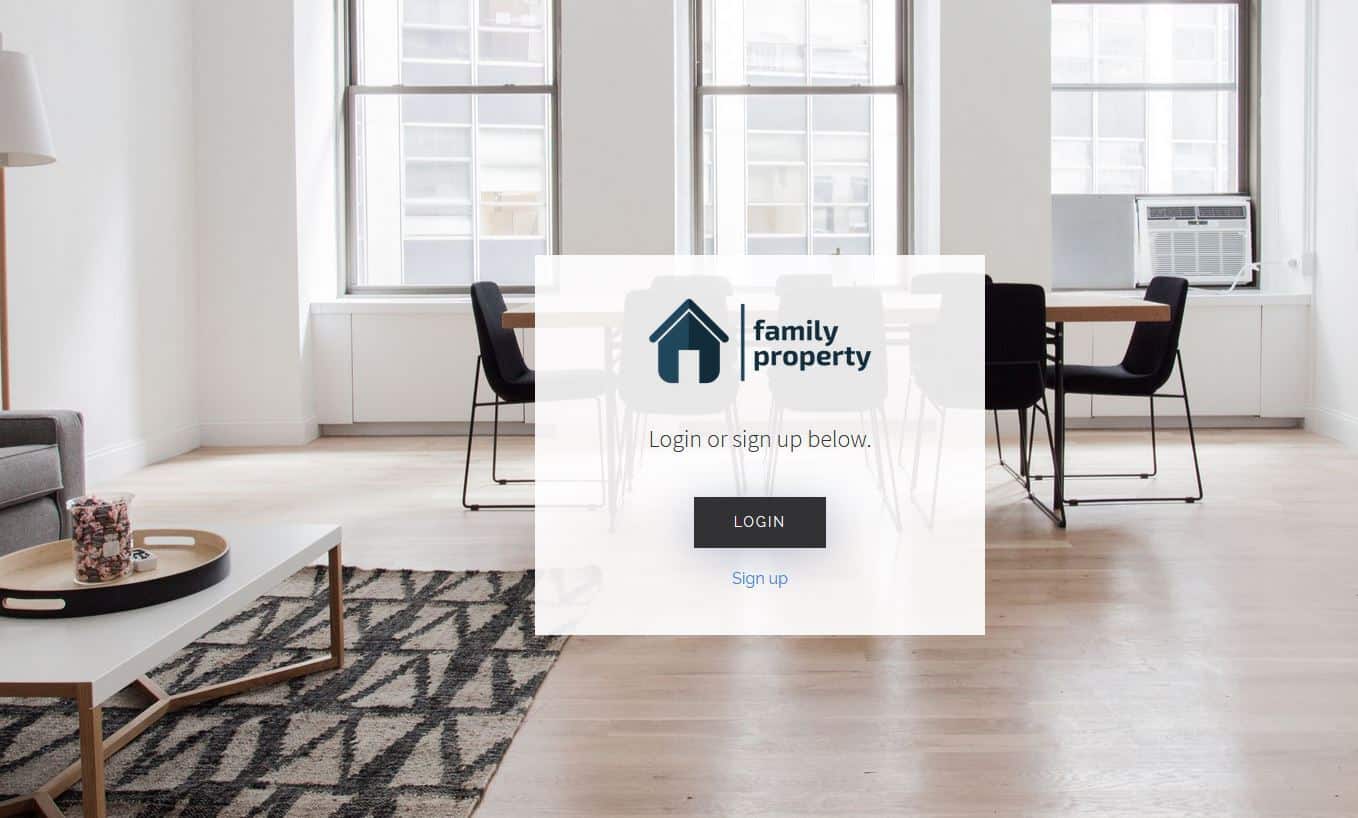
Looking Inward: The Art of Reflective Practice
Due to the confidential nature of dispute resolution reflective practice is an essential life skills for dispute resolution practitioners to develop.
We are using the term property FDR to refer to negotiations to reach a property settlement heads of agreement as well as financial negotiations about issues to do with money which occurs in Family Dispute Resolution Mediation.
The major role of the Family Dispute Resolution Practitioner is to make sure that there is procedural fairness and informed consent in terms of the financial negotiations.
Often there is one party with greater financial understanding so we have to work to make everything very clear.
As accredited Family Dispute Resolution Practitioners the mediator can’t abdicate their responsibilities when facilitating property mediation and must make sure that they are competent, understand the major concepts, components and process to competently facilitate property FDR.
The mediator is not in a role where they should be providing legal advice which includes telling clients what a judge would do. While this might be tempting for experienced practitioners especially those who are legally qualified and experienced it is an ethical minefield.
The role of the FDR facilitatiting Property FDR is to help the clients to understand their situation (property pool), their options and the issues that are relevant in their case in terms of considerations and future needs. The considerations and future needs are factors that are considered by the court and also may relate to factors that are unique to the specific family.
We strongly believe that NMAS Accredited mediators should not be offering to facilitate property FDR. We are hopeful that the Family Law Review will put an end to this practice or at least reduce it by requiring evidence that mediation has been attempted from a FDR Practitioner similar to section 60i Certificates.
NMAS Mediators can become competent and accredited by completing the CHC81115 – Graduate Diploma of Family Dispute Resolution. If considering this training do your due diligence and make sure that your training provider is going to provide you with appropriate training in property mediation.
To help upskil those who have not been adequately trained or who were trained but have not been facilitating property mediation we have available two professional development options.
One is focused on professional development only and the other includes the professional development support as well as opportunity to practice and develop skills and then be assessed for a Certificate in FDR Property Mediation. https://www.mediationinstitute.edu.au/certificate-property-mediation/
The support package is for twelve months because we think that practitioners are going to need a lot of support to get through the changes that will result from the Family Law Review.
The process we teach is the modified Property FDR.
The order is reversed from parenting FDR where we don’t ask parties to do opening statements and form an agenda. After the mediators opening statements in the first session we go straight into determining the asset pool.
Property FDR Process
Lawyers are often VERY critical of the whiteboard print out that most Relationships Australia or Family Relationship Centre mediators produce as the documentation from their mediations. That is because simply printing off a table doesn’t give any of the who, what and when information that is critical to write up orders. In fact there has not been any discussion about these things as the mediator has little understanding of what is required for the next step in the process. Unless these issues are raised and discussed by the parties there is a high risk that the agreement will fall apart when it gets to the lawyer resulting in the need for a lot of expensive lawyer negotiation or even a period of wasted time and money in the family court.
The other aspect we cover in our training is financial issues such as spousal support, touch on child support (although we recommend that the child support agency is used as they have extensive powers in terms of collecting child support) and other issues to do with money.
The mediators job is to help them to negotiate values for their assets and liabilities and if necessary support the exchange of valuations, bank account records, super statements etc.
We have an online course which goes through the whole process and we’ll also be doing a series of webinars to discuss tutorials as part of the training and support program including:
There is too much content to just do it as a single webinar or for people to learn adequately by just attending webinars so we have taken the approach of duplicating the property training from our Grad. Dip. Course as a stand alone course for people who want to learn properly how to facilitate property FDR.
Those who want to be certified have to demonstrate that they are competent which will include role plays (via video) unless they or their organisation want to organise for a trainer to travel to their location.

Due to the confidential nature of dispute resolution reflective practice is an essential life skills for dispute resolution practitioners to develop.

Corporate Members can use the Mi Members portal to update their business information and directory listing directly. Find out more about our Corporate Membership.

Information for Mediation Institute Members about the transition from NMAS to AMDRAS Mediator Registration Standards.

The course makes use of a variety of approaches in terms of tools and technology for property mediation from the simple whiteboard to the Australian Developed Family Property app.